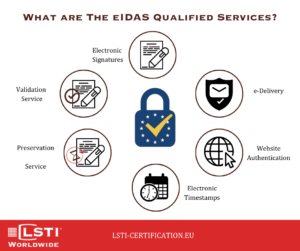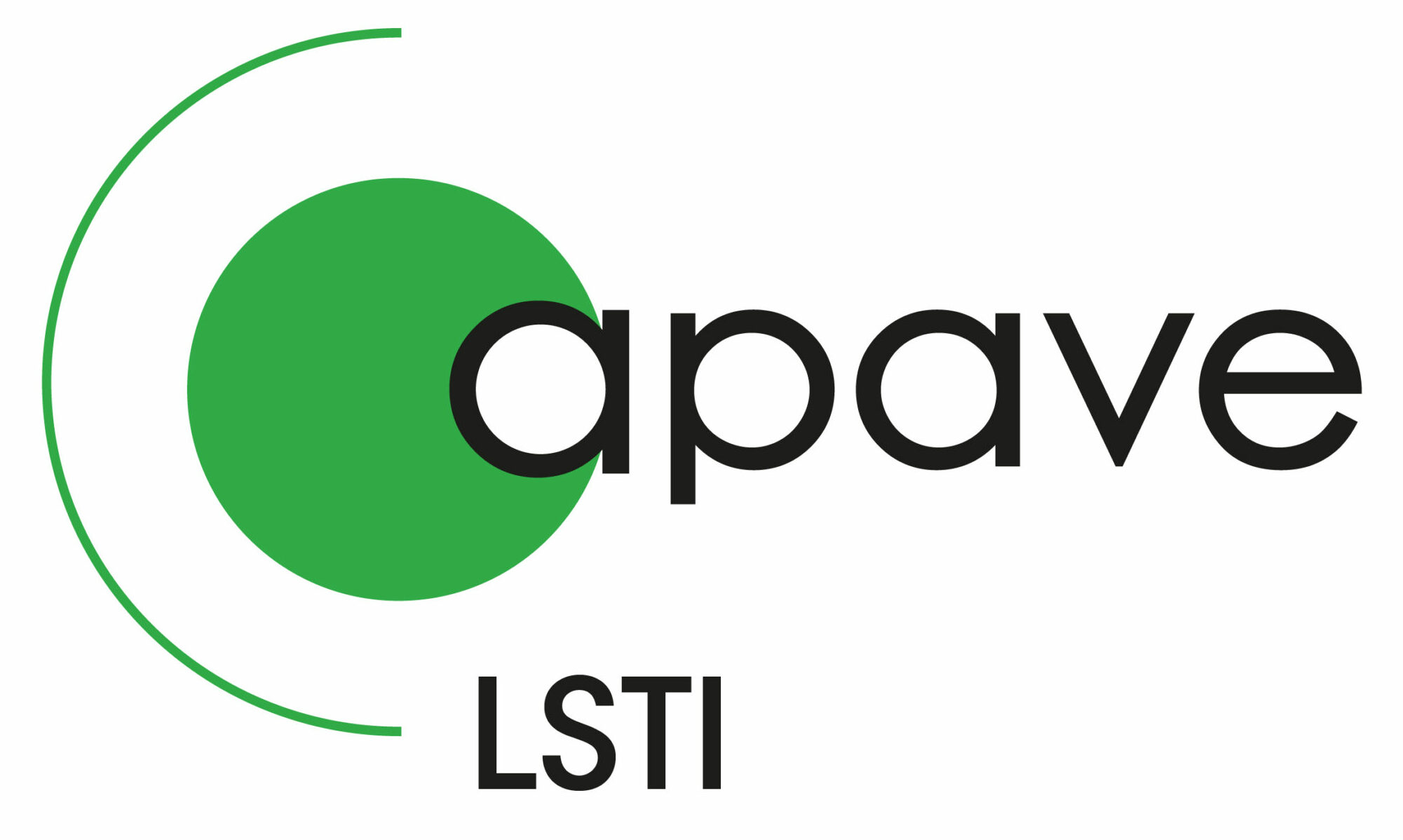eIDAS: what is this European regulation about?
The main activity of LSTI Worldwide is eIDAS certification assessment. But what is the eIDAS regulations?
“eIDAS” is the abbreviation for “electronic IDentification And trust Services”. It refers to a range of specific services that include verifying the identity of individuals and businesses online and verifying the authenticity of electronic documents. To simplify, it ensures secure cross-border transactions.
This standard was established in EU Regulation 910/2014 of July, 23rd 2014 on electronic identification and revokes the 1999/93/EC regulation from December, 13th 1999. The eIDAS regulation has been enforceable across the EU since July, 1st 2016.
The trust services covered by eIDAS include:

- Advanced and Qualified electronic Signatures associated to a legal or natural person;
- Advanced and Qualified electronic Seals associated to a legal person;
- Qualified validation for Qualified Electronic Signatures and seals;
- Qualified preservation of Qualified Electronic Signatures and seals;
- Time stamping;
- Electronic delivery services;
- Website authentication.
The purpose to have qualified and trust services is to increase confidence in the use of electronic transactions through mechanisms – such as verifying the identity of individuals and businesses online or verifying the authenticity of electronic data – which are more present in our activities nowadays.
Companies which have been qualified according the eIDAS standards for their services are called Trust Service Providers (TSPs).
LSTI Worldwide activity is to audit and assess companies which provide the services mentioned above. Based on the result of their audit, a company could be qualified as a Trust Service Provider and is granted a certificate to prove their trustworthiness and the quality of their services.
All LSTI Worldwide customers assessed and qualified as TSP can be found on our online register, or on demand through the contact form (select Communications as subject).
More info on our dedicated page and on the EU websites:




